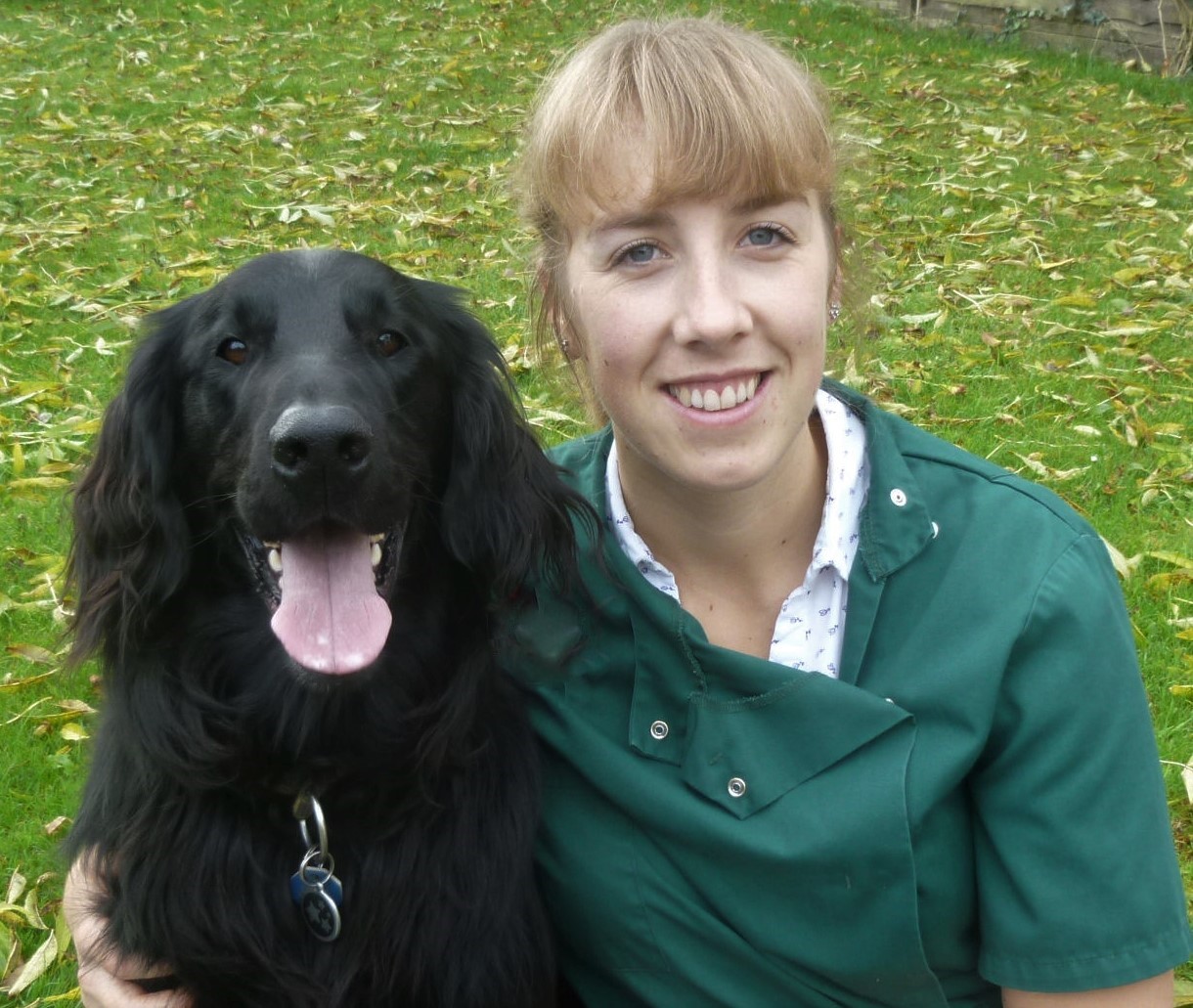Welcome to Petlearnia’s exclusive course on “Canine Cushing’s Disease.” Designed for dedicated dog owners like you, this course offers an in-depth understanding of this condition, covering everything that you need to know to help your furry family member. We’ll explain what Cushing’s actually is and help you choose between the common treatments for Cushing’s in dogs.
Why you need this course
If your dog has been diagnosed with Cushing’s disease, then you will understandably have a lot of questions. This course is designed to support you and build on the information already provided by your vet. We will help you to digest everything in a self-paced manner.
After completing the course, you should be more confident in discussing the treatment options with your dog’s vet, as well as understanding your pet’s condition will be monitored.
What we’ll teach you
This isn’t just a webpage. We’ll carefully guide you through everything you need to know about Cushing’s in dogs.
Understanding the adrenal glands
- The adrenal glands We explore what they are, what they do and where they are found in your dog’s body.
- Understanding Cushing’s disease We explain what this condition is, what raised your dog’s risk of getting Cushing’s, and the difference between the two different types of canine Cushing’s.
- By the end of this module, you’ll understand normal adrenal glands, and then what’s happening to your dog’s adrenal glands, as well as why.
Diagnosing Cushing’s disease
- Diagnostic tests There are a lot of different tests to diagnose Cushing’s disease, and none of them are perfect. We explore the tests that your vet may use to diagnose Cushing’’s disease and explain what is involved with each test.
- You’ll be able to understand what test your vet is recommending, and why it’s needed. Dogs with Cushing’s need regular monitoring, so your vet will need to repeat some of these tests even after your dog’s diagnosis.
Treatment and Management
- Treating Cushing’s disease Explore the treatment options for Cushing’s disease in dogs, with explanations about the pros and cons of these.
- Monitoring Cushing’s disease We also take a look at how the condition is monitored and the sort of things that you can be looking out for as an owner.
- You’ll be able to discuss your dog’s treatment options with your vet while understanding all the pros and cons of your chosen treatment.
Your pet’s prognosis
- Cushing’s disease prognosis We explore what the long-term prognosis is for dogs with this condition, and how this changes with treatment and management.
Course Benefits
- Expertly Crafted Content: Authored and checked by veterinary professionals, you get access to trustworthy and accurate information.
- Independent and Unsponsored: We don’t manufacture drugs, get sponsorship, or have an agenda – our vets are independent.
- Practical Tips and Advice: Learn not just the theory but also practical ways to apply your knowledge.
- Lifetime Access: Enrol once and gain access to the course for the rest of your dog’s life, including any updates.
- Regular Updates: Updated on a regular schedule, and whenever anything changes – you’ll be the first to know.
Enrol Today
While your vet is always there to support you with your dog’s health condition, we are here to help too. The amount of information and technical terms associated with this disease can be overwhelming, so we have laid it all out in a logical and self-paced format.
Enrol in our “Canine Cushing’s disease” course today and take the first step towards understanding how you can help your companion.
Note: This course offers a deep dive into Cushing’s disease in dogs, but it’s essential to remember that it isn’t a substitute for professional veterinary consultations. Always collaborate with your vet to address your dog’s unique health needs.
This course was written by:
Course Written by
Dr Rebecca MacMillan BVetMed CertAVP(SAM) MRCVS
Dr MacMillan has worked in small animal practice since graduating in 2009. She gained her Certificate of Advanced Veterinary Practice in Small Animal Medicine in 2021.
Peer Reviewed by
Dr Emma Rogers-Smith BSc(Hons) BA VetMB CertAVP MRCVS
Dr Rogers-Smith has a passion for internal medicine developed during her internship and residency training. She is involved in ongoing research and writes articles for scientific journals.
Last updated: June 2024
Latest posts by Rebecca MacMillan
(see all)


